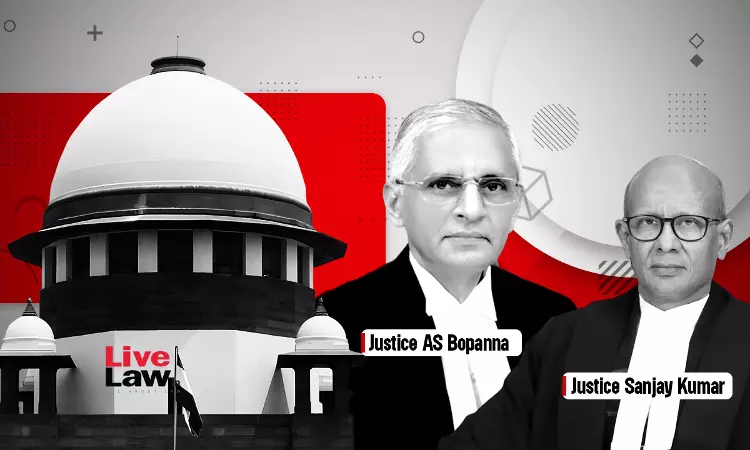Supreme Court's Judgment In 'Pankaj Bansal' Is A Silver Lining For Putting Some Reins On ED
Manu Sebastian
8 Oct 2023 11:30 AM IST

Though this judgment can't put the genie back in the bottle, it has put some reins on the ED, sternly reminding the agency that it cannot be a law unto itself.
Next Story


